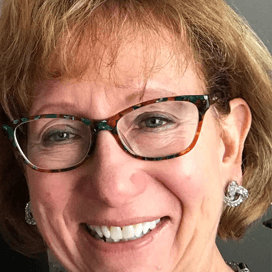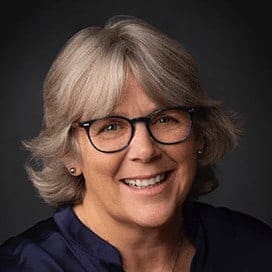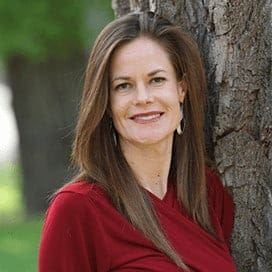Master’s Concentration
Public Relations
Expertly reach stakeholders, manage your organization’s identity, and maximize the impact of its reputation. You’ll learn strategies to connect with influencers, utilize mass media, and leverage social media, all while employing principles of persuasion and quality content creation. From researching and evaluating audiences, to assessing the value of PR campaigns, you will apply critical thinking, precise writing, and complex reasoning.
Let us help you succeed.
*Indicates a required field.
Top-ranked, career-focused education in a flexible format.
At a Glance
Classes Begin
January 6
Term Length
10 Weeks
Master's Tuition
$835 per credit hour
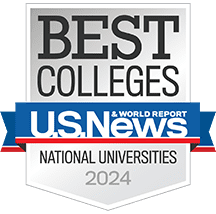
Top-Ranked University
U.S. News & World Report Rankings
Featured Instructors
Skills You’ll Learn
Communicate persuasively to targeted audiences
Create communication and PR plans with measurable results
Develop, manage, and analyze effective media relations practices
Curriculum
Master of Arts in Communication Management with a concentration in Public Relations requires completion of 48 credit hours (12 courses).
4
Core Courses
6
Concentration
Courses
2
Elective Courses
Sample Schedule
Plan out your schedule and determine your preferred timeline for completing your master's degree—finish in as few as 18 months or take up to five years.
Interested in a graduate certificate?
Explore our four and six course graduate certificates in Public Relations.
Interested in a digital badge?
Learn about badge requirements, how to apply, and more!
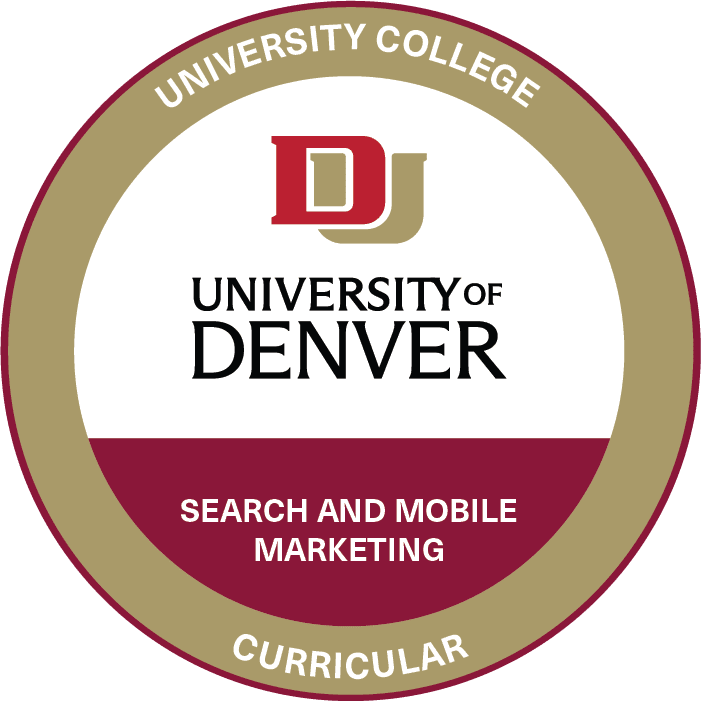
Search and Mobile Marketing
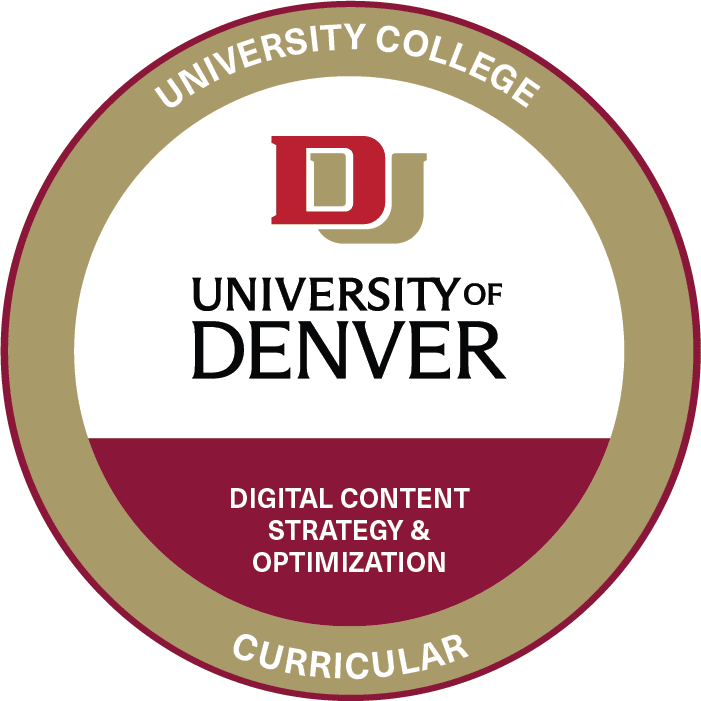
Digital Content Strategy & Optimization
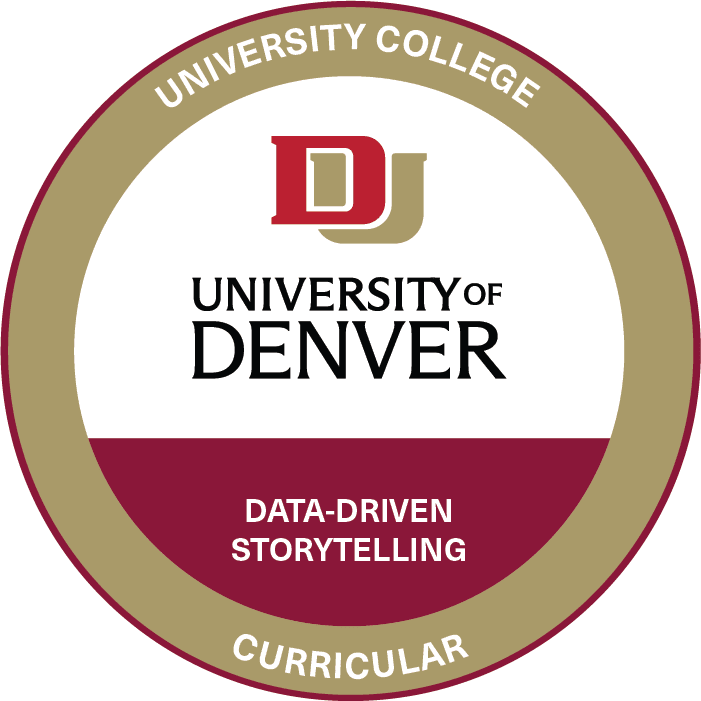
Data-Driven Storytelling
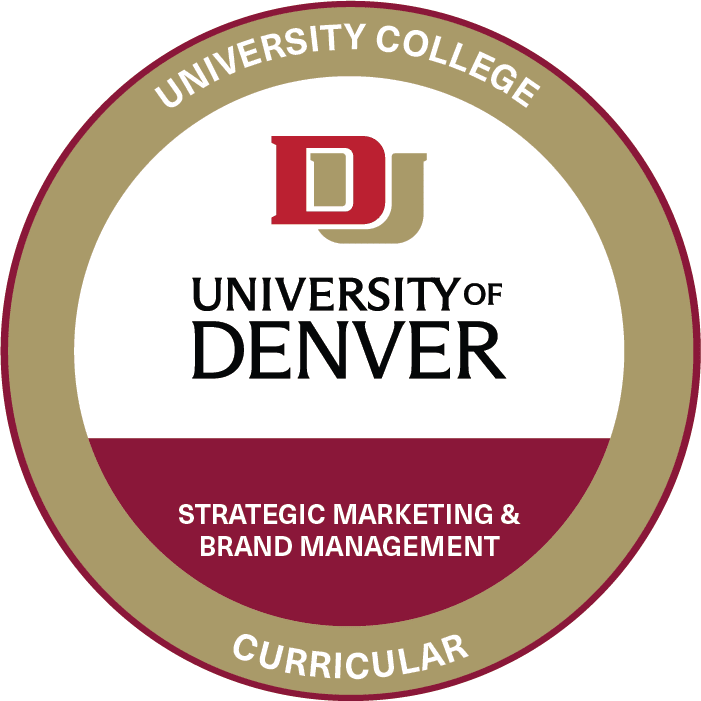
Strategic Marketing & Brand Management
Take a Course Before You Apply
We know how important it is to get started when you’re ready and that’s why you can enroll in a course before you officially apply.
Career Outcomes
Predicted outcomes for graduates of Public Relations
Public relations professionals can expect to see a 10% growth of employment as organizations continue to a maintain a public image, according to the U.S. Bureau of Labor Statistics. The continued rise of social media will contribute to employment growth for public relations professionals.
Job candidates can expect the highest concentration of job opportunities at larger public relations firms and organizations with larger media exposure. According to Forbes, industries with the highest percentage of PR professionals include civic, professional, scientific and technical organizations.
U.S. News and World Report ranked Public Relations Specialist #2 in Best Creative & Media Jobs for factors such as salary and job market.
Job Titles
Public Relations Director
Public Relations Manager
Consultant
Public Relations Director Salary: National Average
$90,585
(U.S. Bureau of Labor Statistics)
Get Ahead with Career Services
One-on-one career coaching and mock interviews
Job database dedicated to DU students and alumni
Résumé and cover letter guidance
Hear from Our Students
Theme: Job Satisfaction
Communication Management
“I think the return on investment for me is very tangible. It helped me get a higher-level role and it helped me secure a better life for myself.” —Martha Brown, graduate.
Flexible Online Classes
We understand the demands of balancing work, friends and family, and school can be challenging. That's why at University College, you can complete your program entirely online. Our online learning platform makes it easy to work anywhere at any time.
Advisory Board
Sample Schedule
Plan out your schedule and determine your preferred timeline for completing your master's degree—finish in as few as 18 months or take up to five years.

Megan Castle
Communications Manager, Department of Transportation

Erin Iwata
VP, Digital Marketing Heinrich Marketing
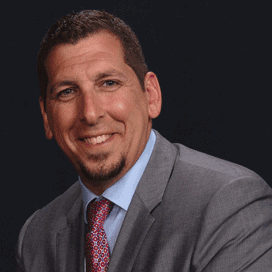
Rich Khleif
Senior Director-Communications, Connections, & Customer, Insights Oracle

Lora Ledermann
Scream Agency

Andy Mountain
President, GBSM

Bob Noguiera
Director Human Resources, West Division Comcast Cable

Julie Reeves
Vice President Marketing, Rachio
Accreditation
Higher Learning Commission
University College programs maintain the highest level of accreditation offered by The Higher Learning Commission, one of the regional accrediting bodies recognized by the federal government. The University of Denver and all of its academic programs are regionally accredited by this commission, and regional accreditation is the highest standard for universities in the United States.
Take the Next Step









